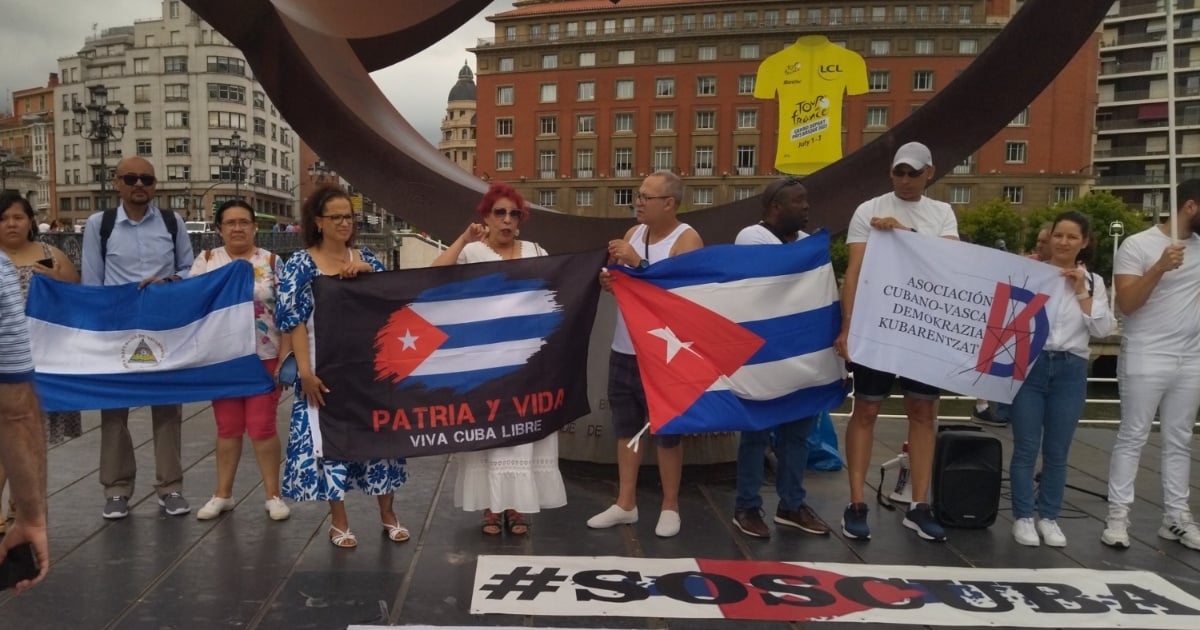
The asylum requests from Cuban citizens in Spain increased by more than half compared to the previous year; however, the administration resolved very few requests favorably.
A report from the Spanish Commission for Refugee Aid (CEAR) reveals that in 2023, 3,082 Cuban emigrants filed applications, compared to 1,392 formalized in 2022.
The data shows an increase of 54% compared to the previous year, which moved Cuba up from tenth to fifth place in the list of countries requesting protection.
"It is a reflection of the political and humanitarian crisis that this country is going through," specifies CEAR in its statement.
The organization points out that despite this increase, only 1,157 requests have been resolved, of which only 30 received refugee status. The other 1,127 did not receive any protection: 777 due to an unfavorable resolution and 350 by closure.
"These figures represent a protection rate of 3.7%, one of the lowest on record," the text warned.
1,925 Cuban cases still need to be resolved.
The four countries ahead of Cuba in terms of the number of requests are Venezuela (in first place for the eighth consecutive year), Colombia, Peru, and Honduras.
Venezuela totals 60,534 applicants, 32% more than the previous year. However, Spain's treatment towards them has been very different than the one given to Cubans.
Up to now, 41,051 cases have been resolved (more than half of those submitted), of which 40,708 received a positive response. Only 124 were denied, and 219 were archived.
We positively assess how the restrictive trend towards recognizing humanitarian reasons for applicants from Venezuela has been corrected compared to our previous report, increasing from 65% in 2022 to 99% in 2023," said CEAR.
Cubans face more obstacles to obtain any type of international protection than other immigrants.
The Spanish government argues that Cubans emigrate for economic reasons, without de facto recognizing the Cuban regime as a dictatorship or a nation in crisis.
What do you think?
COMMENTFiled under: